Your eyes work hard every day, processing countless images and helping you navigate the world around you. Just like the rest of your body, your eyes need proper nutrition to stay healthy and function at their best.
Eating the right foods can help protect your vision, reduce eye strain, and even prevent serious eye problems as you get older. Ready to discover which delicious foods can give your eyes the power they need?
1. Carrots
Orange vegetables like carrots have earned their reputation as vision superheroes for good reason. They’re packed with beta-carotene, which your body converts into vitamin A – an essential nutrient for healthy eyesight.
Without enough vitamin A, you might struggle to see clearly in dim light or experience night blindness. Carrots also contain antioxidants that protect your eyes from damage caused by harmful light and aging.
Raw carrots make a perfect crunchy snack, while cooked carrots in soups or side dishes help your body absorb even more of their eye-boosting nutrients.
2. Spinach
Popeye knew what he was talking about when he praised spinach, though he probably didn’t realize how much this leafy green helps eyesight. Spinach contains lutein and zeaxanthin, two powerful compounds that act like natural sunglasses for your eyes.
These nutrients collect in your retina and help filter out harmful blue light from screens and bright sunlight. Regular spinach consumption may reduce your risk of developing serious eye conditions later in life.
Fresh spinach works great in salads, while cooked spinach blends easily into pasta dishes, smoothies, or omelets without overpowering other flavors.
3. Blueberries
Nature’s candy comes loaded with anthocyanins, special antioxidants that give blueberries their deep blue color and amazing eye benefits. These tiny powerhouses help strengthen blood vessels in your eyes and improve overall circulation.
Studies suggest that people who eat blueberries regularly may have better night vision and less eye fatigue after long periods of reading or screen time. The antioxidants also help protect your retina from age-related damage.
Frozen blueberries work just as well as fresh ones, making them available year-round for smoothies, yogurt toppings, or healthy snacking straight from the freezer.
4. Salmon
Swimming upstream to better eye health, salmon delivers omega-3 fatty acids that your eyes absolutely love. These healthy fats help prevent dry eyes and support the delicate tissues around your eyes.
DHA, one type of omega-3 found in salmon, actually makes up part of your retina’s structure. Getting enough omega-3s may also reduce inflammation that can damage your eyes over time.
Grilled, baked, or pan-seared salmon provides the most benefits, though canned salmon works well too. Aim for two servings per week to give your eyes the omega-3 boost they need for optimal health.
5. Sweet Potatoes
Orange and delicious, sweet potatoes pack even more beta-carotene than regular carrots. This root vegetable converts to vitamin A in your body, supporting clear vision and healthy eye tissues.
Sweet potatoes also provide vitamin C and vitamin E, which work together as a powerful antioxidant team. This combination helps protect your eyes from free radical damage that can lead to vision problems.
Baked sweet potato makes an excellent side dish, while mashed sweet potatoes can replace regular potatoes in many recipes. Sweet potato fries offer a healthier alternative to regular fries while boosting your eye health.
6. Eggs
Cracking the code to better vision, eggs contain lutein and zeaxanthin in forms that your body can easily absorb and use. The yolk holds most of these eye-protecting nutrients, so don’t skip it!
Eggs also provide zinc, which helps transport vitamin A from your liver to your retina. This mineral plays a crucial role in producing melanin, a pigment that protects your eyes.
Scrambled, boiled, or poached eggs all deliver the same eye benefits. Adding eggs to salads or sandwiches increases your daily intake of these vision-supporting nutrients while providing high-quality protein your body needs.
7. Almonds
Nuts about healthy vision? Almonds deliver vitamin E, a powerful antioxidant that protects your eyes from damage caused by unstable molecules called free radicals.
Just one ounce of almonds provides about half of your daily vitamin E needs. This nutrient may help slow age-related eye changes and support overall eye health as you grow older.
Raw almonds make a perfect portable snack, while sliced almonds add crunch to salads or yogurt. Almond butter spread on whole grain toast provides a tasty way to boost your vitamin E intake while supporting your eye health goals.
8. Bell Peppers
Colorful bell peppers bring more than just crunch to your meals – they’re vitamin C champions that support healthy blood vessels in your eyes. Red peppers contain the highest vitamin C levels, followed by yellow and green varieties.
This vitamin helps your body produce collagen, which strengthens the tiny blood vessels in your eyes. Bell peppers also contain beta-carotene and some lutein, adding extra eye protection.
Raw peppers work perfectly in salads or as crunchy snacks with hummus. Roasted peppers develop a sweet flavor that enhances pasta dishes, while stir-fried peppers retain most of their valuable nutrients.
9. Broccoli
Green and mighty, broccoli combines multiple eye-healthy nutrients in one versatile vegetable. This cruciferous superstar contains lutein, zeaxanthin, vitamin C, and beta-carotene all in one package.
The combination of these nutrients works together to protect your retina and reduce your risk of eye problems. Broccoli also provides sulforaphane, a compound that may help protect against eye damage.
Steamed broccoli retains most of its nutrients while staying crisp and flavorful. Raw broccoli florets make excellent additions to salads, while roasted broccoli develops a delicious nutty flavor that even picky eaters might enjoy.
10. Oranges
Bursting with vitamin C, oranges support the health of blood vessels throughout your eyes. This essential vitamin acts as an antioxidant, protecting your eye tissues from damage that can accumulate over time.
Citrus fruits like oranges may help reduce the risk of developing cataracts and other age-related eye conditions. The flavonoids in oranges also provide additional antioxidant protection for your vision.
Fresh orange segments make a refreshing snack, while orange juice provides concentrated vitamin C. Adding orange slices to salads or using orange zest in cooking helps you get more of this eye-friendly vitamin throughout the day.
11. Avocados
Creamy avocados contain lutein and zeaxanthin, the same protective compounds found in leafy greens. These nutrients concentrate in your eye’s macula, where they help filter harmful light and protect against damage.
Avocados also provide healthy monounsaturated fats that help your body absorb fat-soluble vitamins like vitamin A. This combination makes avocados an excellent addition to salads containing other eye-healthy vegetables.
Mashed avocado on toast creates a nutritious breakfast, while sliced avocado enhances salads and sandwiches. Guacamole made with fresh avocados provides a tasty way to boost your intake of these vision-supporting nutrients.
12. Yogurt
Creamy yogurt provides zinc and vitamin A, two nutrients that work together to support healthy vision. Zinc helps transport vitamin A from your liver to your retina, where it’s needed for proper eye function.
Greek yogurt contains higher protein levels and often more zinc than regular yogurt. The probiotics in yogurt may also support overall health, which indirectly benefits your eyes.
Plain yogurt works best since it contains less added sugar than flavored varieties. Top it with blueberries, nuts, or seeds for extra eye-healthy nutrients, or use yogurt as a base for smoothies packed with vision-supporting fruits and vegetables.
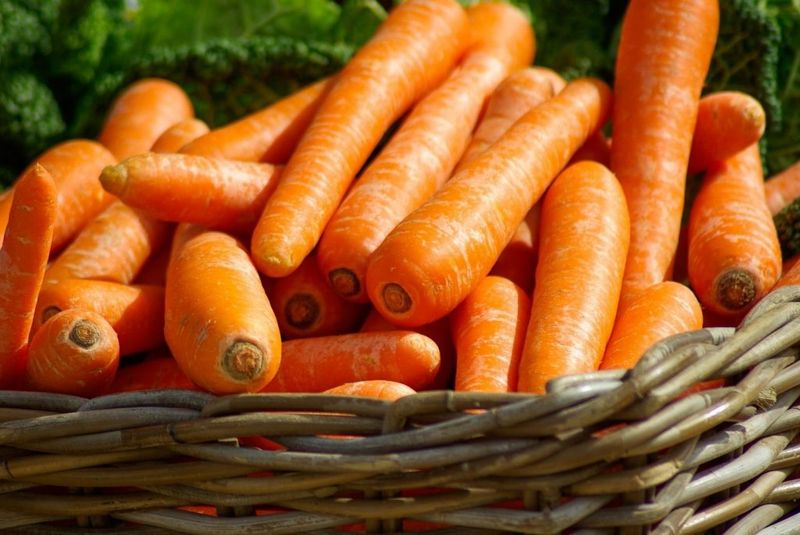
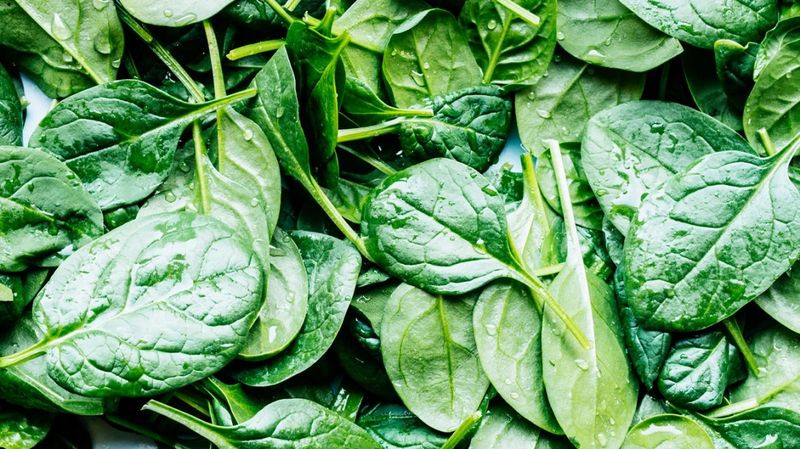
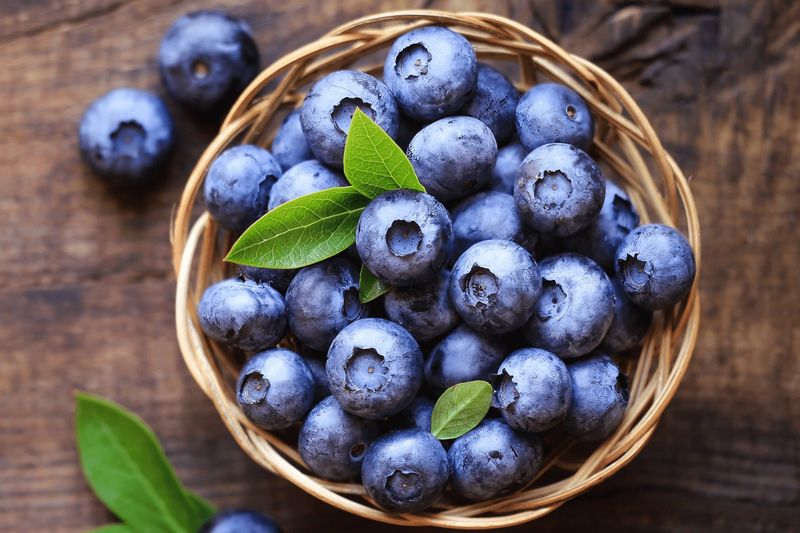
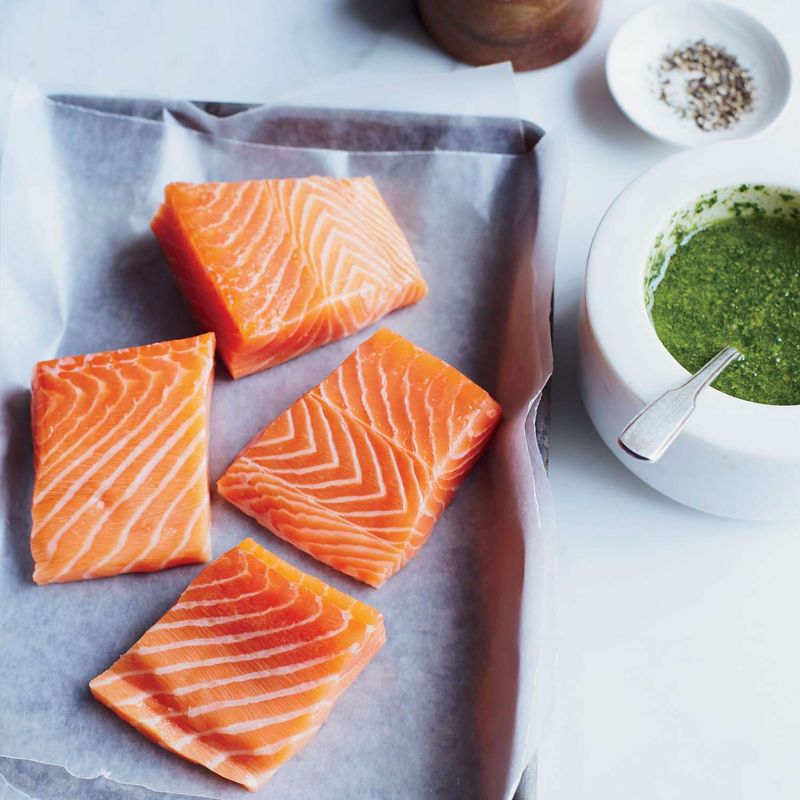
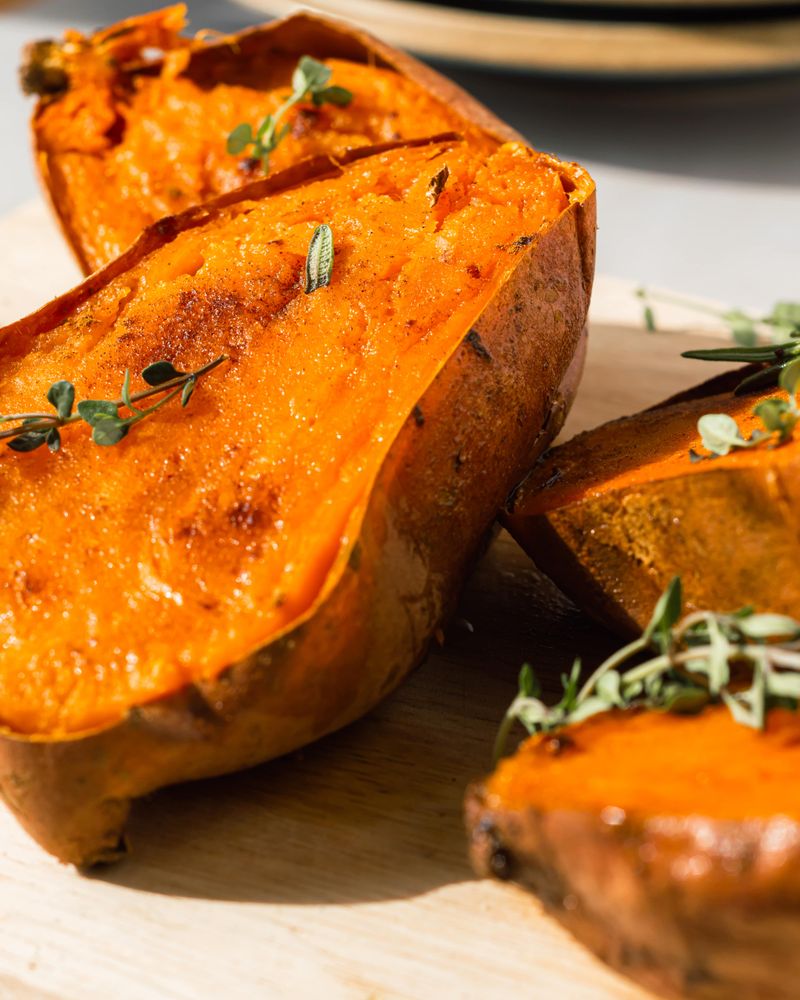

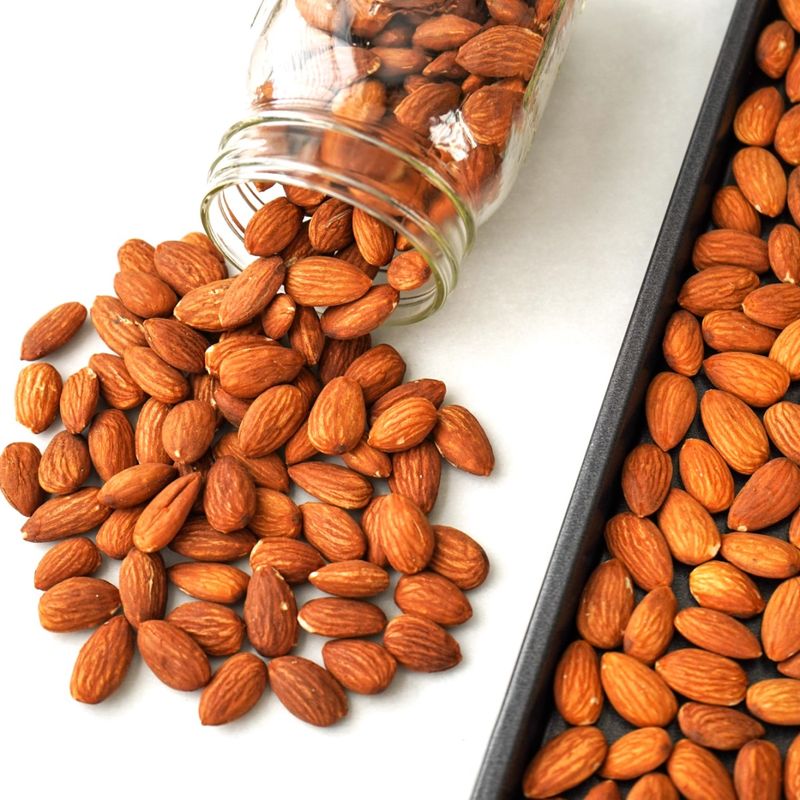

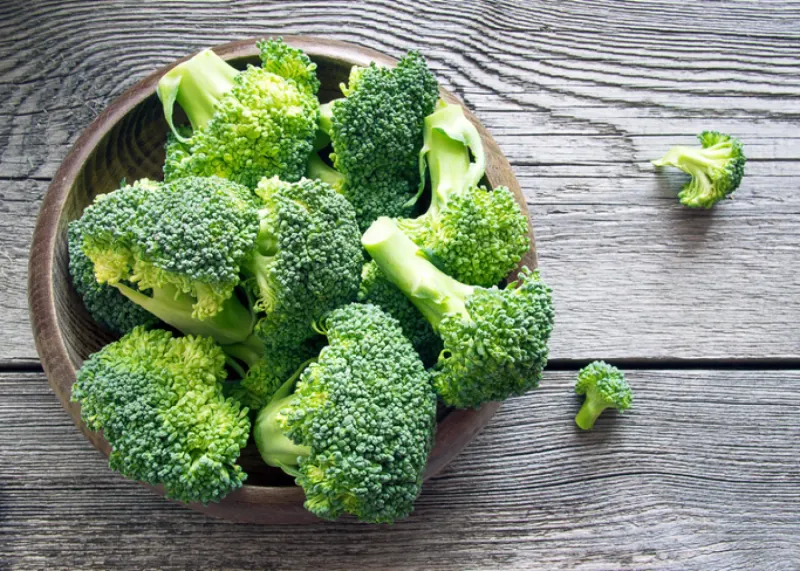
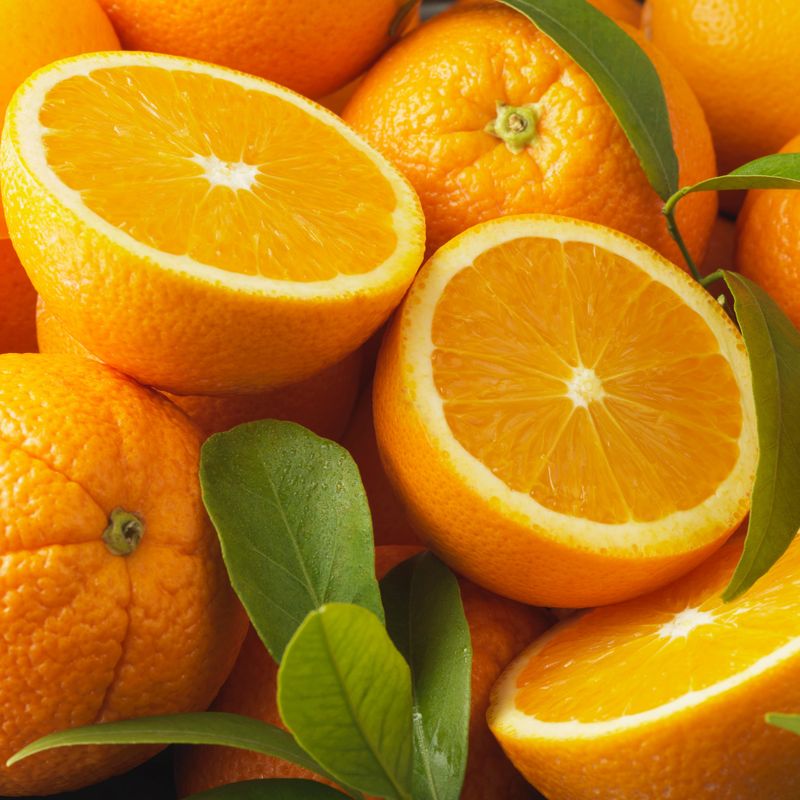
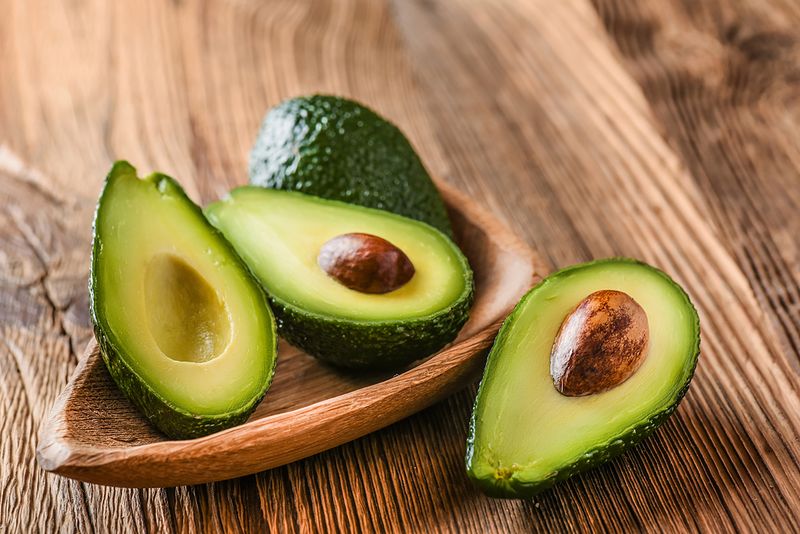
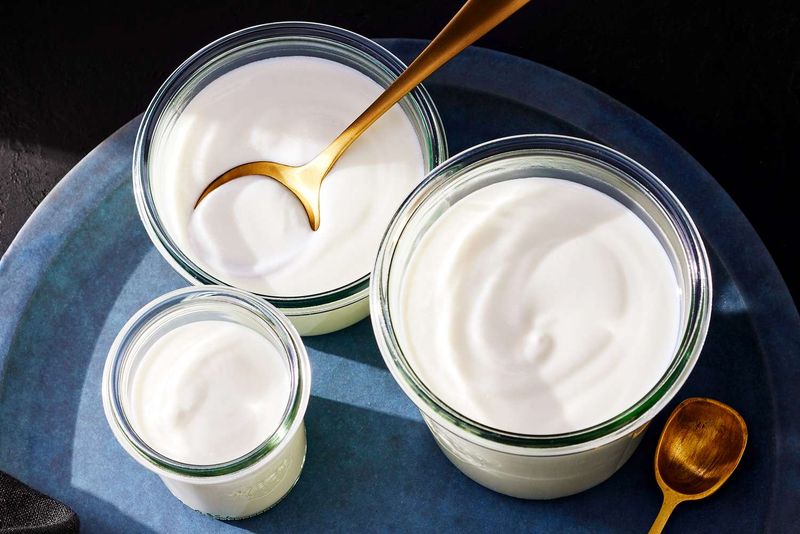
Leave a comment